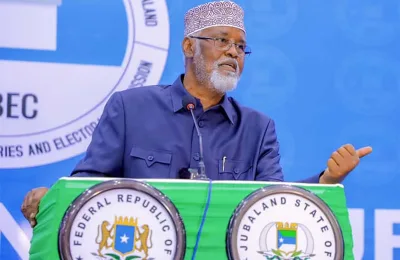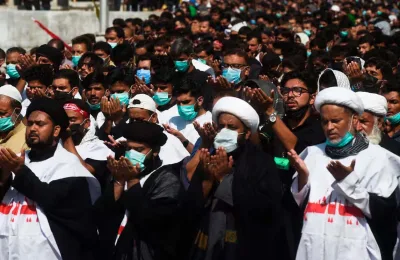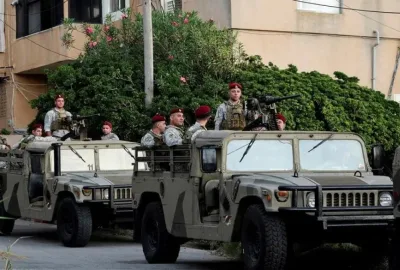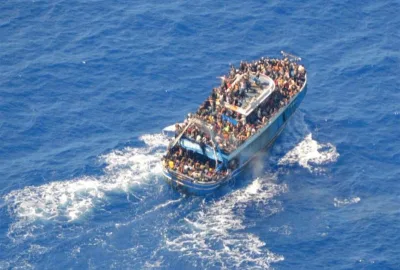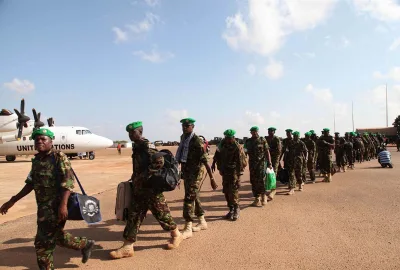The attack, claimed by Al Shabab, killed at least 10, including three Somali military commanders. Prime…
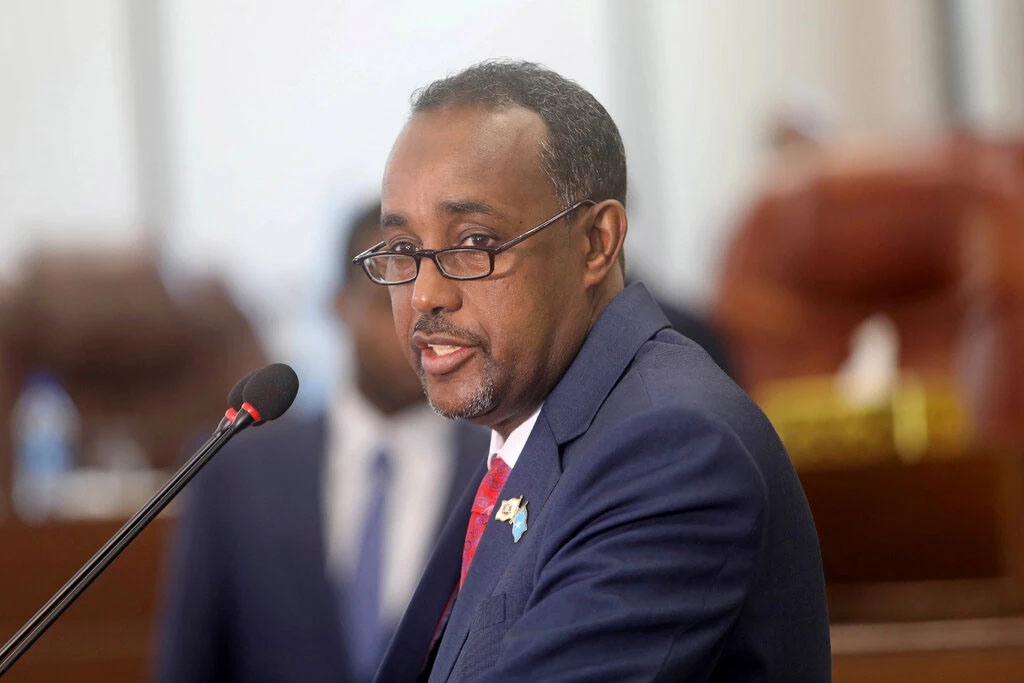
The attack, claimed by Al Shabab, killed at least 10, including three Somali military commanders. Prime Minister Mohamed Hussein Roble was on his way at the time.
Three senior Somali military officers, including a commander with an elite American-backed commando force, and several other people died in a suicide attack on Friday that was aimed at the country’s prime minister, the Somali police said.
The Islamist extremist group Al Shabab claimed responsibility for the blast, which happened in Galkayo, in central Somalia, where Prime Minister Mohamed Hussein Roble was scheduled to attend a political rally at a football stadium.
Mr. Roble, who only came to office a few months ago, was on his way to the stadium when a suicide bomber exploded his vest before a line of waiting dignitaries, killing at least 10 people, including the military officers and several local leaders, said Ismael Mukhtaar Omar, a Somali government spokesman.
Those killed included Gen. Abdiaziz Abdullahi Qoje, commander of the 21st division of the Somali Army, and Maj. Mukhtar Abdi Aden, the regional commander of Danab, an elite U.S.-trained force that has been a central focus of American efforts to build up Somalia’s notoriously weak security forces.
Major Aden had been married just the week before, one of his relatives said in an interview. His deputy was also killed.
The attack offered a stark demonstration of Al Shabab’s ability to strike at the heart of Somalia’s government at a particularly vulnerable moment. Hundreds of American troops are preparing to leave Somalia under orders from President Trump, who wants them out before he leaves office on Jan. 20.
Somalia is also going through a stormy political season, with presidential elections scheduled for February already riven by bitter disputes between President Mohamed Abdullahi Mohamed and opponents who accuse him of manipulating the electoral process to ensure that he wins.
Regional tensions increased this week when Somalia severed diplomatic relations with Kenya, accusing its neighbor of meddling in internal Somali matters in the weeks before the vote.
Friday’s rally was part of an effort to drum up support for Mr. Mohamed in Galkayo, a city divided between two powerful clans. The Shabab claimed responsibility for a similar bombing in the same area that killed a local leader in May.
he United Nations Mission to Somalia, which backs a 19,000-strong African Union peacekeeping mission in Somalia, condemned the attack and called for those responsible to be brought to justice.
The Shabab was driven out of the capital, Mogadishu, in 2011 but still holds sway over wide swaths of the Somali countryside, exerting influence through extortion and links to the business community, even in places where it does not control territory.
The impending American troop withdrawal has emboldened the Shabab to step up its attacks, said Matt Bryden of Sahan Research, a research consulting firm that specializes in the Horn of Africa. “Of course the Shabab are stepping it up, to show they exist,” he said.
Although American drone strikes and Special Operations forces raids inside Somalia are likely to continue after the withdrawal, the pullout is likely to have the greatest effect on the Danab, a 1,000-strong Somali unit whose troops typically operate with close American support.
“Without mentoring, you can already see how they are being used for non-counterterrorism purposes, like standing in line for the prime minister,” Mr. Bryden said. “And now two of their commanders have been killed.”
Although the Shabab mostly fights inside Somalia, it has carried out attacks in other parts of East Africa and harbors some ambitions to strike the United States. This week prosecutors in Manhattan charged Cholo Abdi Abdullah, a Shabab operative from Kenya, with plotting a 9/11-style attack on an American city.
Prosecutors said that Mr. Abdullah, acting under orders from the same Shabab commander who masterminded an attack on a hotel in Kenya in 2019, was arrested as he trained in the Philippines to hijack an aircraft and fly it into a building in the United States.
Source: Reuters


